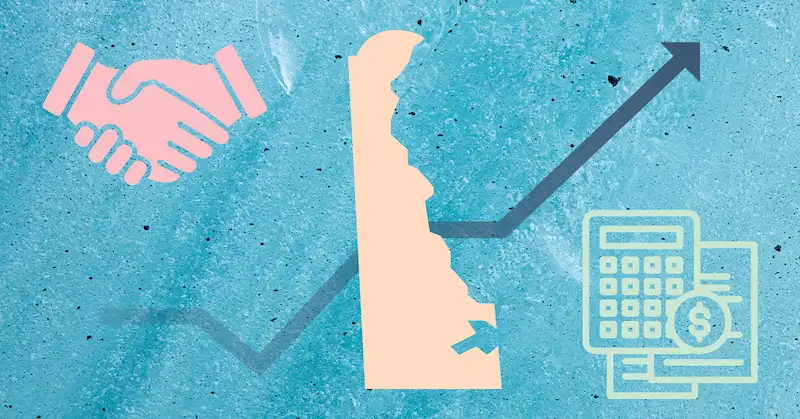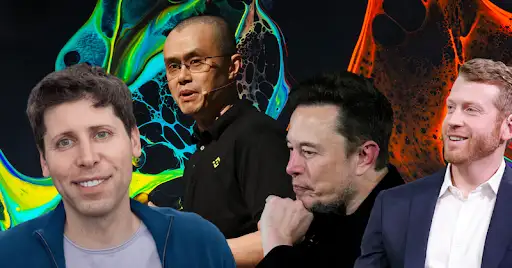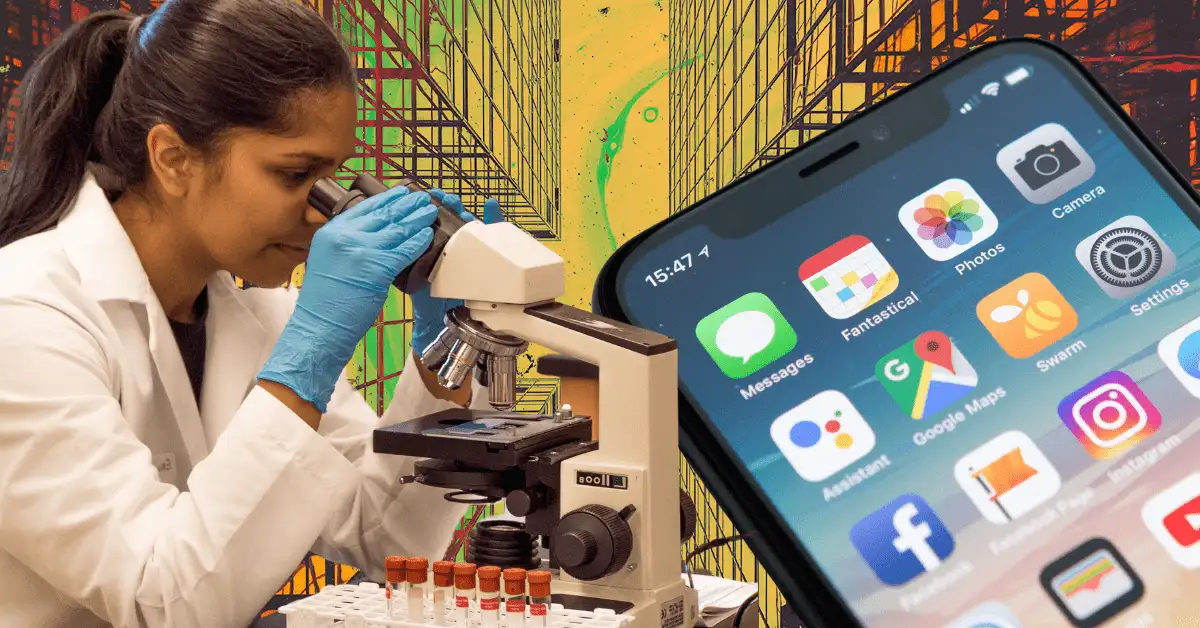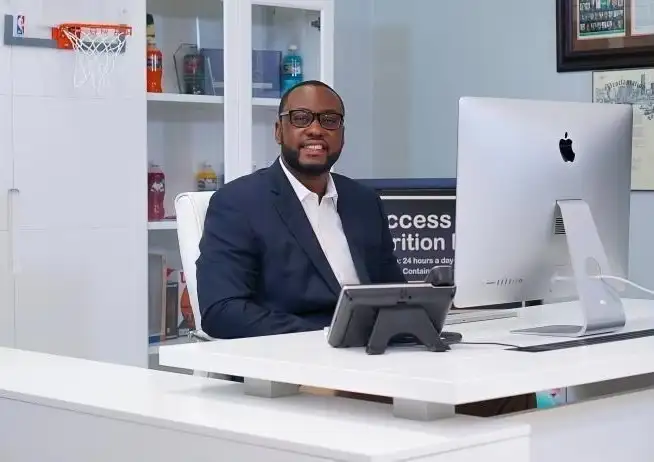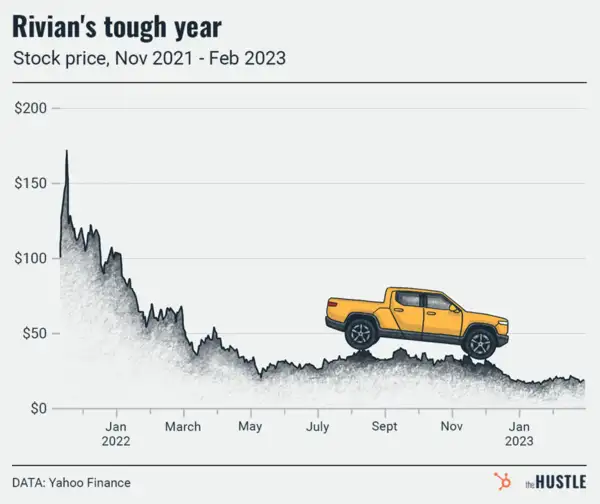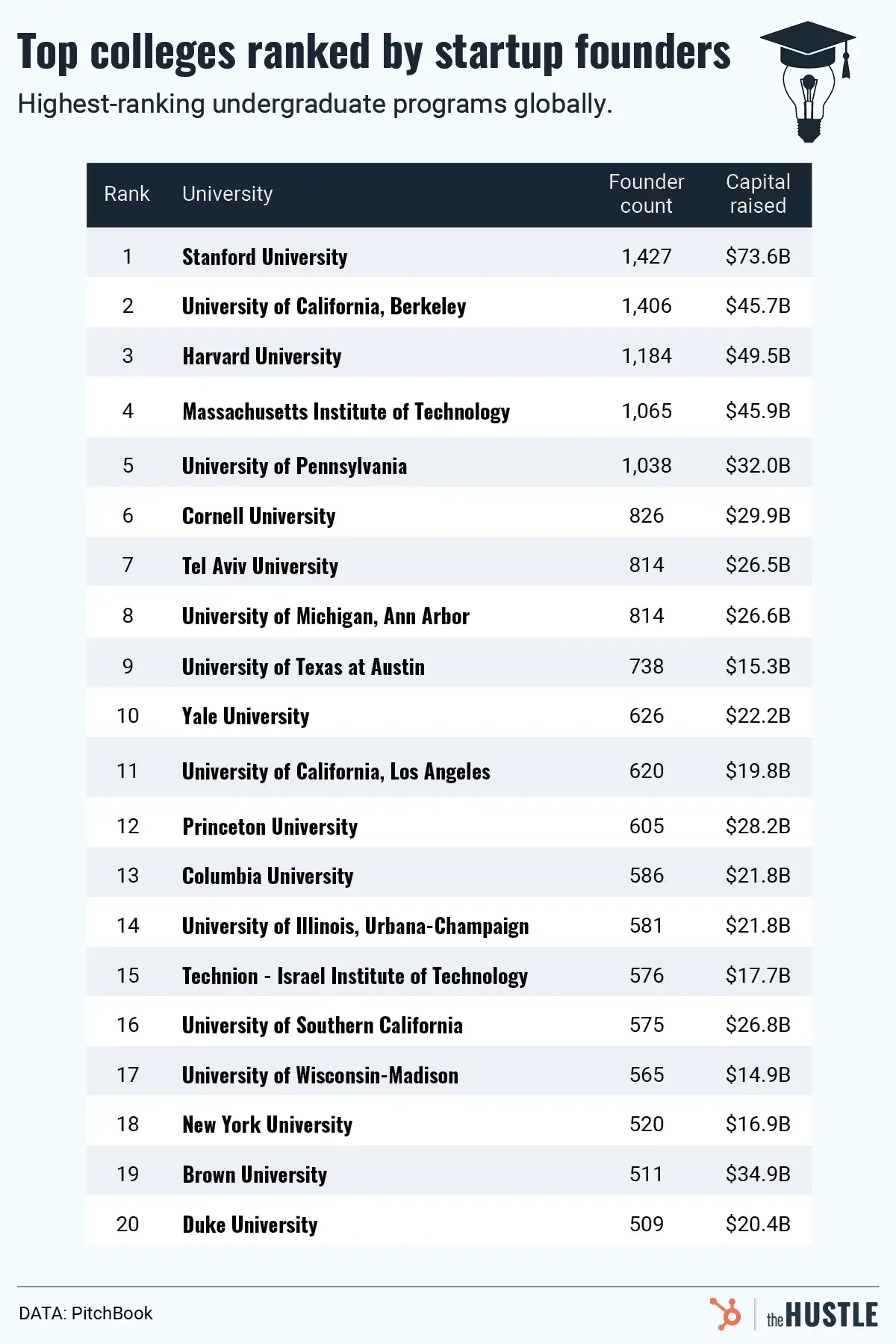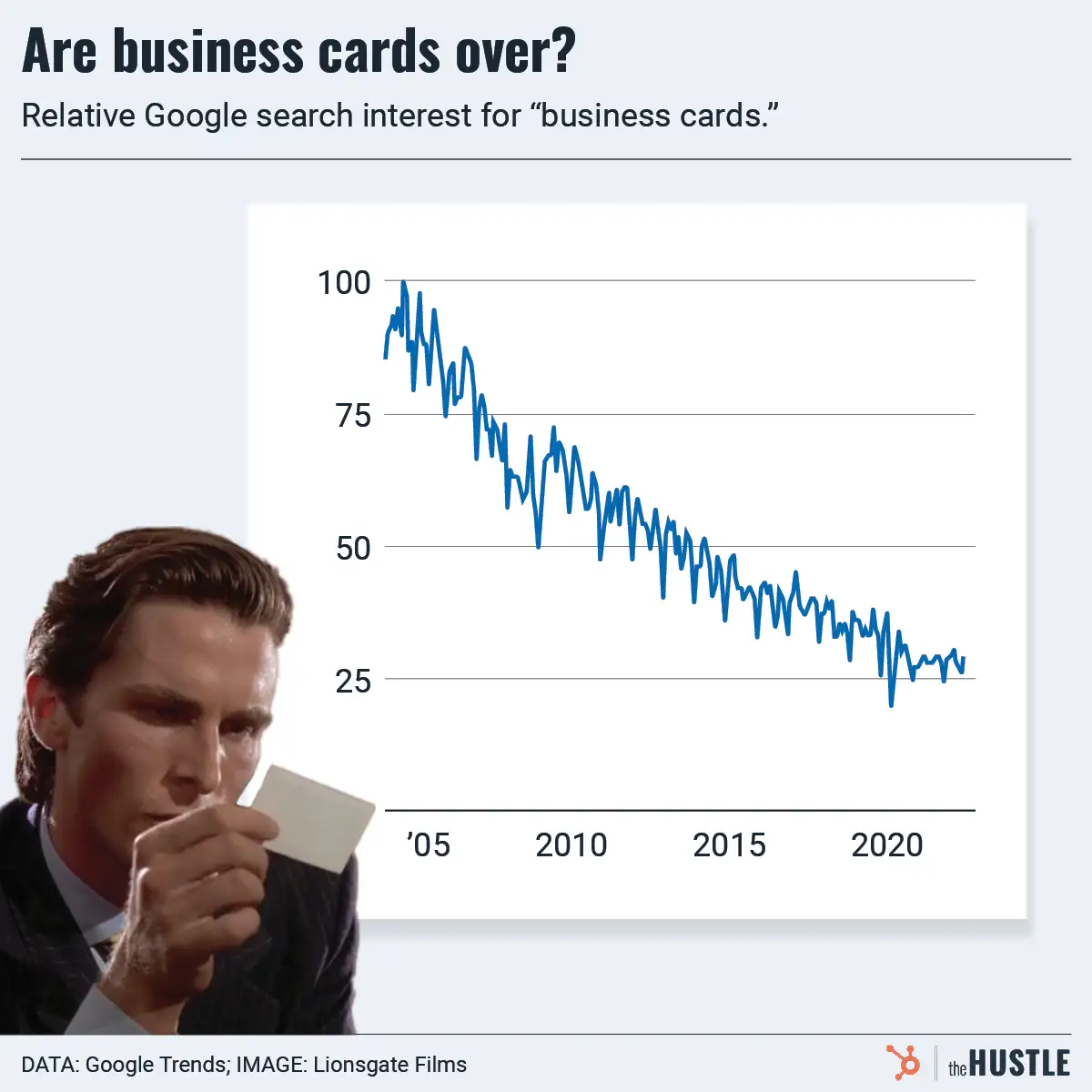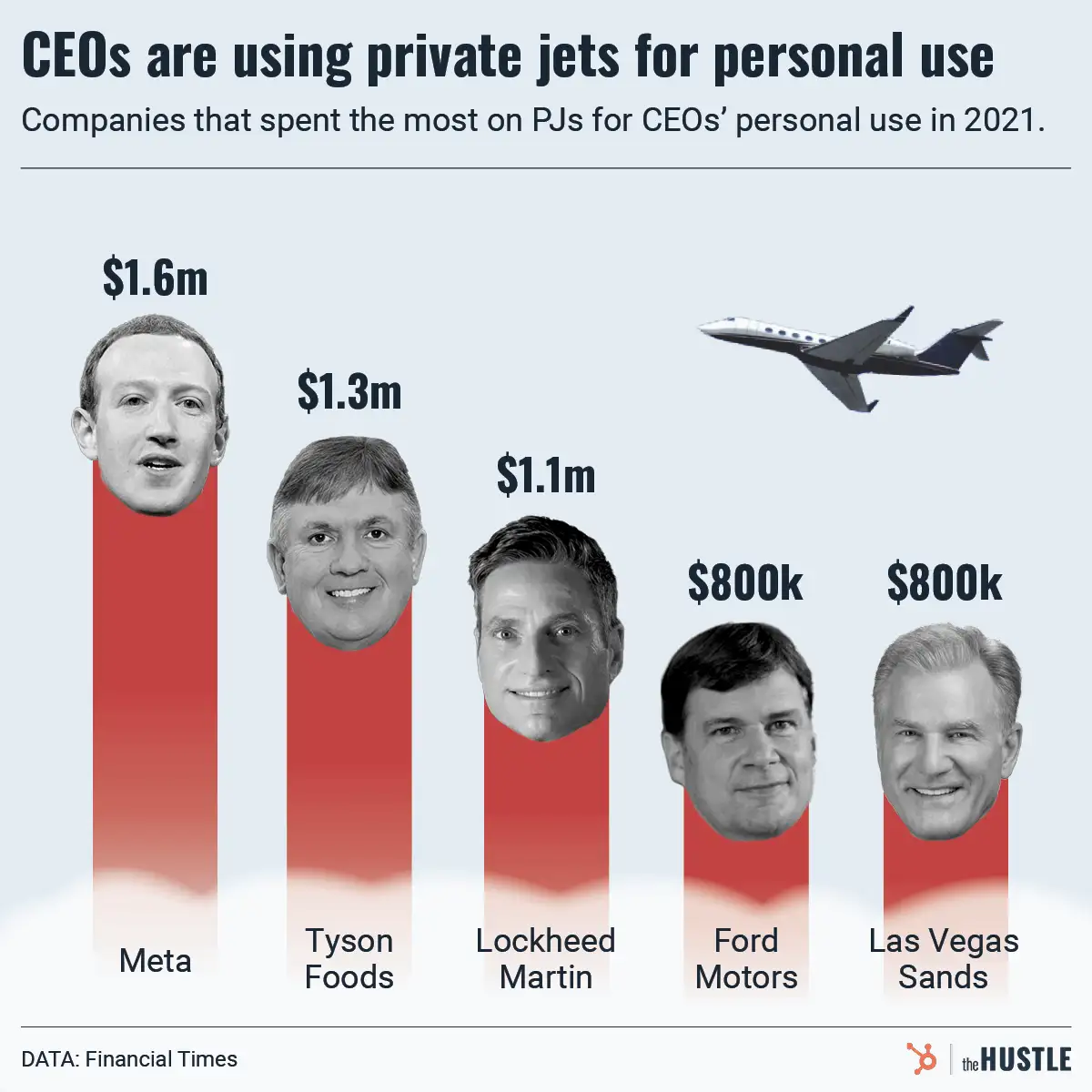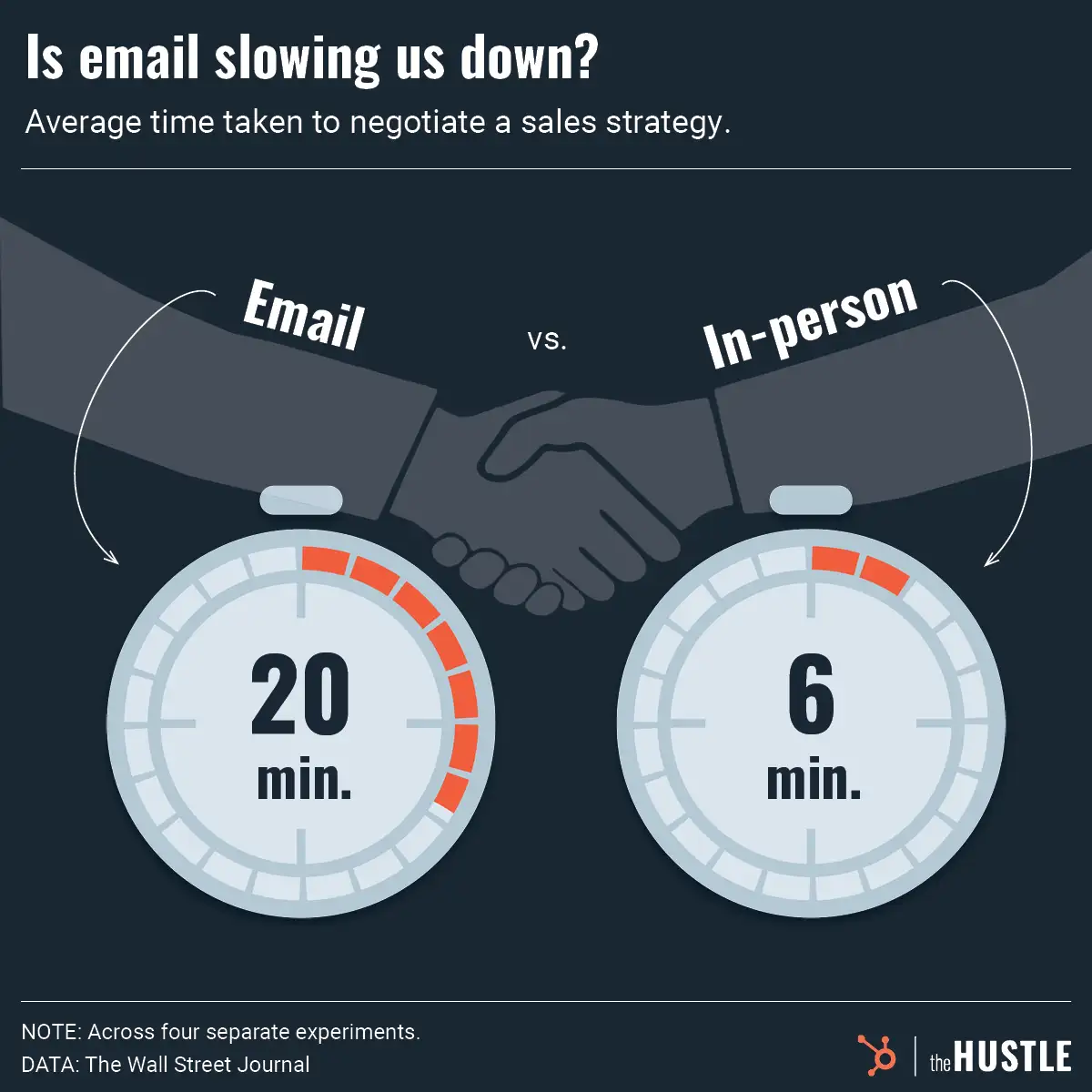***
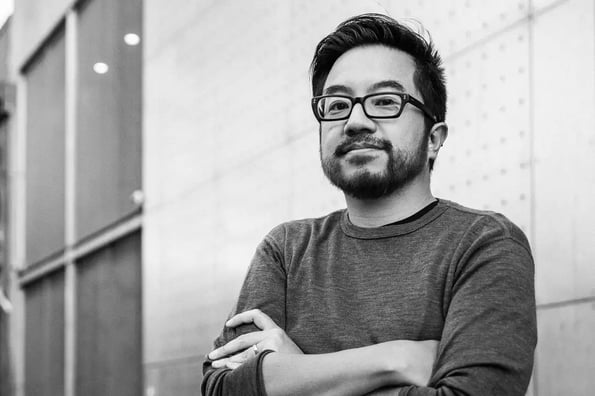
In 2001, Paul Graham — co-founder of Y Combinator (YC), the startup incubator that has created $300B in equity value — published his first blogs on the tech industry. Since then, his writing has become must-read for any aspiring entrepreneur or investor.
Nearly 2 decades later, a former YC alum is creating content to demystify the world of startups and entrepreneurs.
His name is Garry Tan and his medium of choice is YouTube — with a sprinkling of Clubhouse, where he recently moderated an appearance from Elon Musk.
Tan is currently the managing partner for venture firm Initialized Capital, which has $700m of assets under management and a portfolio of 200+ companies including Coinbase, Instacart, Reddit and Flexport.
Prior to this role, Tan was:
- Employee #10 at Palantir
- Founder of YC-backed blog platform Posterous (acquired by Twitter in 2012)
- An investor at YC, where he funded over 600 companies
Now, he’s sharing his hard-earned lessons to ~60k YouTube subscribers (check it out here). The Hustle spoke with Tan about how he got into tech, his goals with YouTube, tech vs. media, the potential of Clubhouse (where Tan is personally invested) and more.
***
Garry, could you tell our readers about your decision to create more content in addition to your VC work?
Early VC used to be a priesthood, it was who you knew and what school you went to.
Then blogging and Twitter came along and blew open the doors. People like (AngelList’s) Naval Ravikant, (AVC’s) Fred Wilson and Paul Graham. I read their blogs and they basically taught me I didn’t need to have a traditional job.
Now, we’re in a world of zero interest rates and money is so readily available for investing that [part of me creating content] is letting people know that if you want to create for others, there’s money for that.
If you can create and grow stuff, there’s money for that. If you have ideas, there’s money for that
If you have drive and can hustle, I want these people to know that they can go out and create products and services for other people.
I also want to teach people the mistakes I’ve made, so they can avoid it.
Why did you decide to do YouTube instead of writing to pass on your knowledge?
YouTube is definitely much harder than just writing. But I think it’s way higher bandwidth. It’s a way to give people the real deal in 15 minutes or so a week.
And, as a plus, we give any profit from the YouTube ads to organizations like Code 2040.
In another interview, you mentioned meeting with YouTube star Casey Neistat and seeing how younger people in your office reacted to him. As if they had known him for ages, even if they had just met.
Yep, I want to make that type of connection.
It’s also why I keep my Instagram DMs open. I want to make it a 2-way street.
I get 100s of DMs a week.
Why Instagram and not email?
I want messages from people to be more of a conversation. It’s like a mini-YC interview in some ways.
I like talking through problems with people. Telling them how I would approach a problem.
If I get the same question a lot, it probably means I have to make a video.
Also, having the DMs open helps me get out of my bubble. If I’m not careful, I know it’s very easy for me to close the door to others.
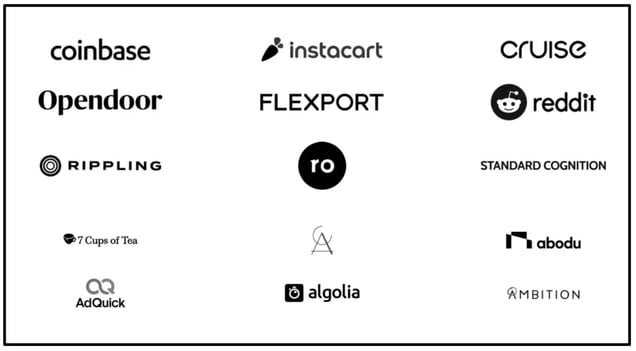
How much of this approach — the YouTube channel, open DMs — is based on the fact that you were an outsider to tech, originally?
Tech has given me everything and I am very lucky.
I grew up in California, but I didn’t grow up with means.
I remember what it was like being food insecure growing up. If you have a memory as a child of food insecurity, you’ll never forget. I know there are a lot of people out there like I was growing up and I don’t want them to stay in that situation. I want them to rise.
You were working fairly young, right?
Around 14-15, my family had a computer in the house during a time when we still didn’t quite have enough food.
I was programming databases, making webpages and finding clients in the Yellow Pages.
In fact, I was able to help put a down payment on a house for my family. We moved from an apartment to a house.
You’ve referenced the need for financial security in the story about how Peter Thiel offered to pay you $72k to NOT take a job at Microsoft. You didn’t take him up on the offer.
I use the story to help people think about startups, and whether they should do them.
As an investor, I can take many different shots and I only really need one or two to become a billion-dollar company.
For an individual, it’s a much tougher decision.
However, the thing about tech is that if you’re wrong, you’re at least moving towards the light. You can fail in a tech startup, but still have many opportunities.
Another medium you’re quite active on is Clubhouse. Could you give us your thoughts on its prospects, especially after this latest funding round?
The growth on Clubhouse is quite rare. I do think it probably is the next Twitter.
The app hit at the perfect time. During quarantine when people were looking for a place to hang.
I joined in mid-April 2020, when there were 1000 people. It’s probably as addictive now as it was then and there are now millions of users.
I think it’s cleared a path to being another place on the internet with a conference, house party, boardroom and everything all tied into one product.
There’s also the angle of it as Twitter with different characteristics. A lot more FOMO and people are a lot more real.
From a metrics standpoint, retention is super high. This is the gold standard measure for us. If you have 40-50% retention, that means half the people that download the app make it some part of their lives every week.
That puts Clubhouse on the path of a $50-100B type company.
One criticism about Clubhouse is that it benefits from participation by minority groups without putting these same groups in a position to benefit financially. What is your take on that?
If you look at what [Clubhouse] CEO Paul Davison is doing with creating monetization tools for creators, I think that’s very important.
He clearly understands the value of Clubhouse’s creators and — this early — is already focusing on how to make good creator economics.
For a platform to make this a priority this early is critical.
You were recently part of a group that hosted Elon Musk on Clubhouse. It felt like a Clubhouse has “arrived” moment.
This is definitely a true “Clubhouse-made-it” moment!
Vlad Tenev of Robinhood coming in and being invited up and live-interviewed by Elon Musk was an incredible moment that was totally unplanned.
What was your favourite Elon takeaway?
My favorite thing that Elon said: Starting a startup is like eating glass and staring into the abyss of death. If you need encouraging words, don’t do a startup.
My take on what he said: This is the truth of starting a business. It’s not for everyone, and it’s one of the most extreme things you can do— but when you succeed, you can have a truly real impact on the people around you, just like Elon Musk.
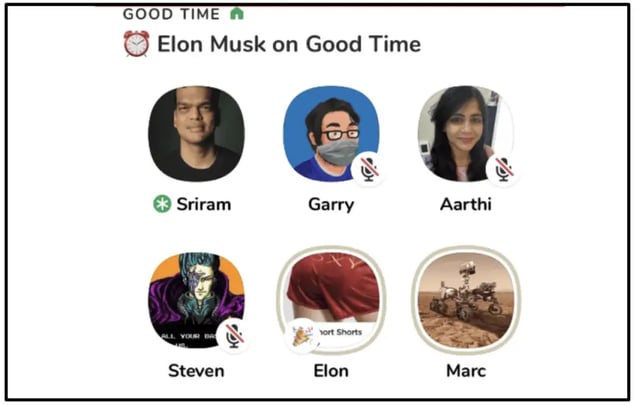
With your push into doing more content, what are your thoughts on the tech vs. media narrative. Particularly after news that Andreessen Horowitz is expanding its media operation.
I’m not saying that everyone on the journalism side is necessarily negative but there needs to be another narrative too. A tech optimistic view.
What’s the best advice you’ve ever been given?
It’s from my colleague Andrew Sather.
He actually gave me my first coding internship at 16, when he was the CEO of the first digital agency for the Apple Store for Steve Jobs (it sold the first iMacs online ever and — the entire business — eventually sold for $70m).
I remember he walked me around the office and pointed at people in different functions — engineering, design, sales — and said to me “you need to be able to do all of their jobs to be able to hire and manage them.”
At the time, I just wanted to be an engineer. Andrew was showing me that if I wanted to be a CEO, I had to be a polymath. I had to understand every role and know how to do it.
***
PS. Garry takes his video set-up very seriously. Here is the equipment he uses:

